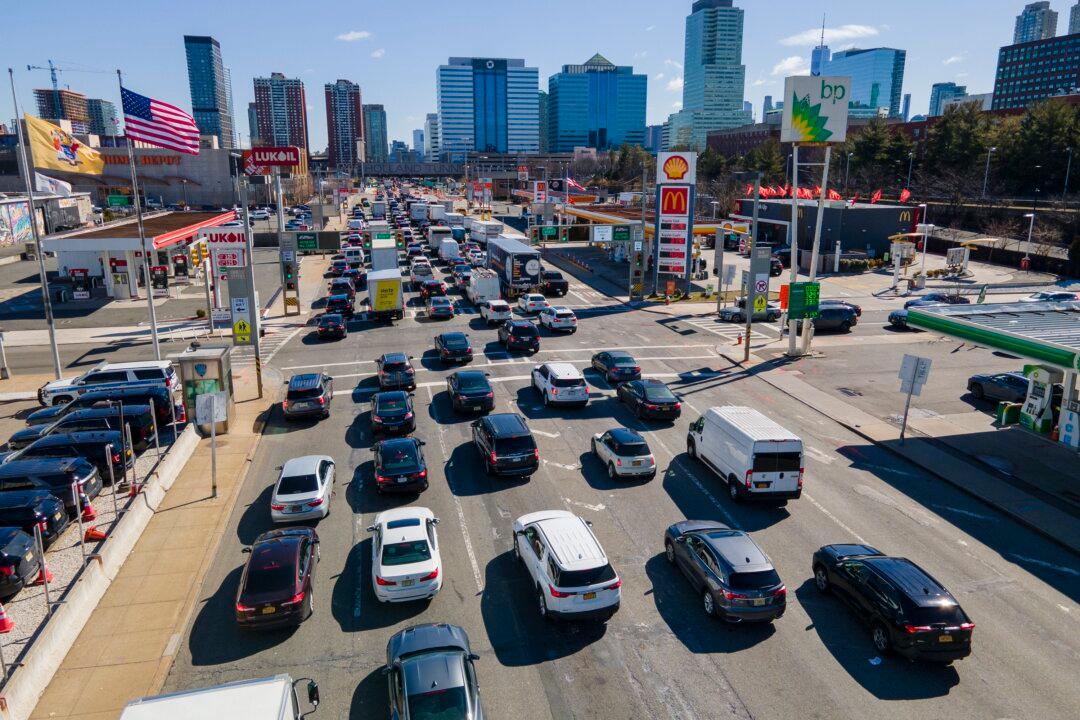Drivers in New York City will soon be charged to enter Manhattan, marking a win for environmental activists who say the move will help reduce congestion and improve air quality, but raising concerns over the impact on business owners, including taxi drivers.
Announcing the news in a June 27 press release, Gov. Kathy Hochul, a Democrat, said the Federal Highway Administration had given the green light to the state’s congestion pricing program following a 30-day public availability period assessing the environmental impact of the plan.




